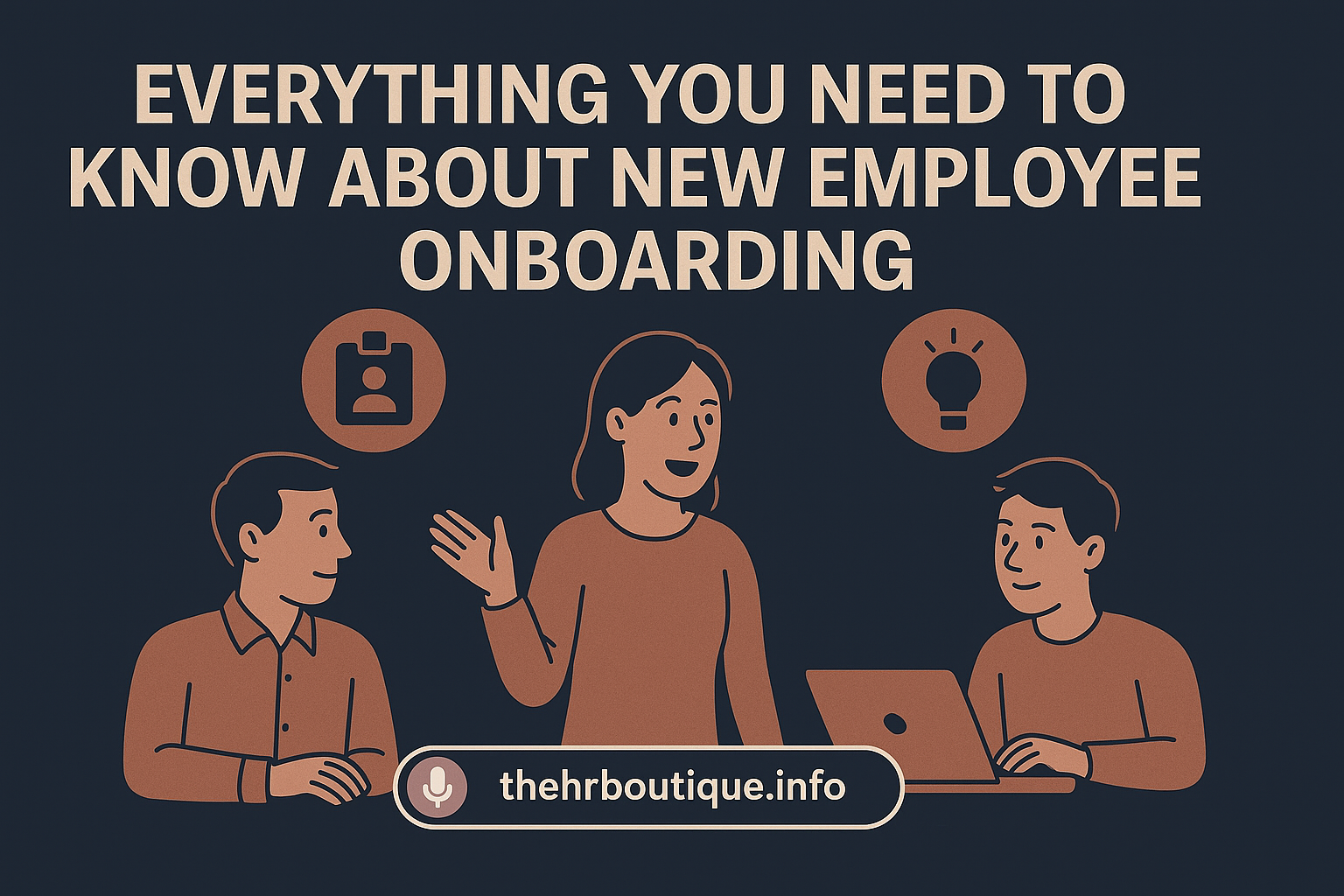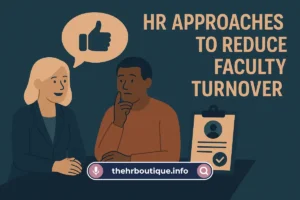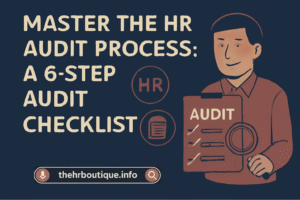When a new hire steps through your door, they often carry questions, doubts, and hope for what’s next. And that’s a normal thing. Most people want to belong at a new place and perform well, but the path forward can look unclear.
That’s why employee onboarding matters so much. It goes far beyond forms or quick tours. A strong onboarding process takes away confusion and replaces it with purpose. It helps new hires feel part of something bigger. This early care sets the tone for their work, confidence, and loyalty.
Teams and managers know what to do, and every step feels more planned. Without it, new employees can feel like they’re lost, uncertain, or even regretful. A clear plan guides everyone who is involved and shows you the true value of your team’s future right from the start.
The right new employee onboarding doesn’t just welcome new people. It builds your team’s future.
What is New Employee Onboarding?
Employee onboarding is a simple, step-by-step way to help new people adjust and succeed. It starts even before their first day and this continues for months.
It’s not about getting to know the job. It’s about learning how to fit in, how teams work, and what matters in the company. Regular check-ins, clear training, and good communication make the journey smooth.
New hires learn what to expect and how they can help the team win. Good onboarding builds a strong employee relationship and strong culture, lowers early turnover, and makes people feel ready. An effective employee relationship service during onboarding ensures that when people see their growth is important, they work better. In the end, everyone feels connected, and teams perform at a higher level.
Stages of Employee Onboarding
Onboarding takes time and has many moving parts. Every step should be planned. So that the new hire knows what to do, who to ask, and what comes next.
The process can start as soon as someone accepts your job offer. Dividing onboarding into stages keeps things clear, moves at a fair pace, and helps people remember what matters.
Logical steps help new hires adjust, build strong habits, and reach company goals faster.
Before the First Day (Preboarding)
Preboarding starts right after the offer gets accepted. Send them a welcome message, share the important dates, and share digital forms they can fill. Get their tech and logins ready.
Introduce the team by email or with a quick video call. Share a bit about how your company was founded, how people work, and, if you’re in-person, share tips like the best lunch spots.
These steps will reduce first-day nerves and show you’re prepared. New hires will feel more included and excited, and less anxious. This early care of the new employee shows that you value people’s time and want them to succeed.
First Day (Orientation)
Make the first day count with a warm welcome. Walk new hires through their office space or set up their virtual tools. Give them a tour of the office, show where things are, and introduce the team.
Explain to them who does what so that the new hires can connect names with roles. Also cover the basics like scheduling and how to ask for help, but keep it simple and so they are not overloaded.
Focus on what’s important for those first days. Like who to contact for what problem and where to find. Set a few small, clear goals. Early wins help new hires feel progress, encourage questions, and build trust.
First Week
The first week is all about building the employee’s comfort and confidence. Get them a mentor who checks in on them daily, answers all of their questions, and helps them go through the daily tasks.
Let them take on different roles and introduce them to the key team members. Keep an introductory meeting to show how everyone works together. Don’t give them complex tasks. Make their tasks simple and manageable.
Share your company values and how teams tackle problems together. Let them ask any type of questions they have and make it clear that there are no bad questions. By giving hands-on training to them you can help new hires learn where they fit and build skills quickly.
Consistent support helps turn confusion into confidence.
After Week One
Keep steady support in place. Add more job duties for them with clear instructions. Try to check in regularly with the employees and review goals and offer feedback.
Hold one-on-one meetings with them and clear your goals and solve problems early before they arise. Tell them your culture and clarify to them what success looks like according to them.
Help them get new hires and grow their network with introductions and invite them to events. Celebrate the small wins. And tell them they can ask questions whenever they have any.
This ongoing support will create a skilled and confident team who care about their work.
After the Probation Period
Reaching the end of probation marks a big step. Recognize achievements both publicly and in private. Ask for honest feedback about the onboarding process.
What worked, and what needs fixing, and any ideas for improvement. Use what you learn to make onboarding better for the next hires. Offer resources to them so the employees can keep learning.
This milestone turns their early excitement into real engagement and builds a strong foundation for your company’s future.
Best Practices
A strong onboarding comes from good preparation. Here are some of the key habits that will get you success.
– Get all the tech and paperwork ready and ahead of time
– Create and complete digital forms before the first day
– Get the whole team by using welcome messages, quick intros, and group meetings
– Share your company values and culture
– Create clear and reachable goals
These practices build loyalty, reduce stress, and help new employees thrive.
Conclusion
Step-by-step onboarding clears up the unknown. Support and clear plans help new hires start strong and build trust from day one.
Great onboarding reduces stress, keeps people engaged, and lifts the team. Always review and update your plan using new hire feedback. Each small change makes the team stronger.
When you invest in the employee’s onboarding, you create a workplace where people want to stay and grow.Build confidence in every new hire. Start your journey at HRboutique.





